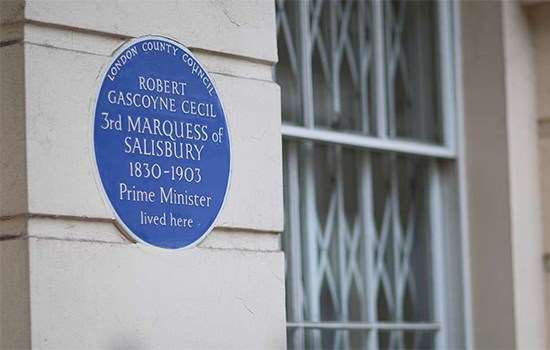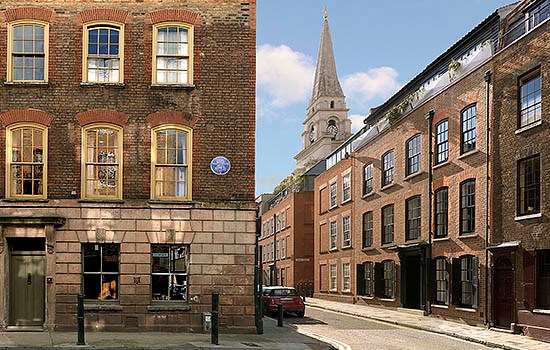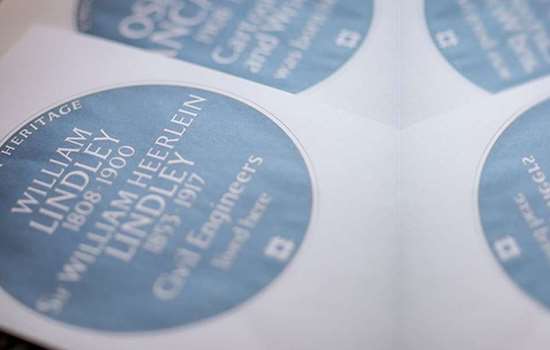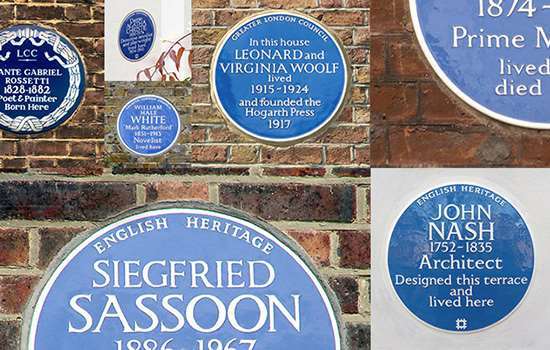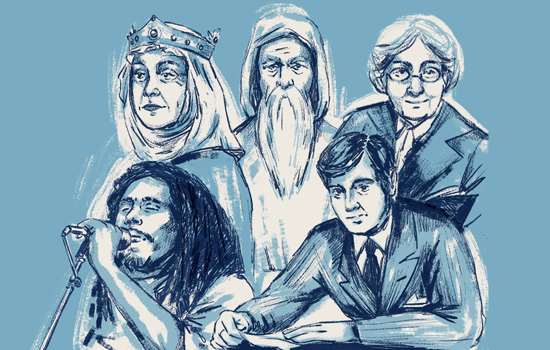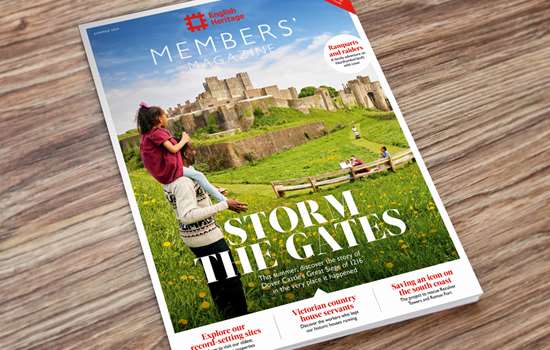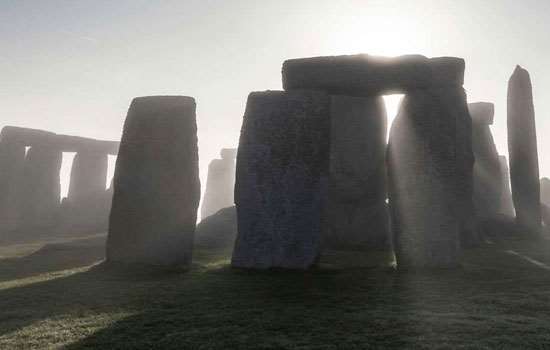Past Lives: Bob Marley in London
The Jamaican reggae star came to regard the capital as a second home, and has been honoured with a blue plaque at his former Chelsea base.
When Bob Marley came to London early in 1977, it was as a political refugee. A few weeks before, caught in the crossfire during a particularly violent period in Jamaican politics, he had come under attack from gunmen at his home – 56 Hope Road, Kingston. Fortunately the reggae star’s injuries were not serious, and he was spirited away first to Nassau and then to London.
Marley’s record company, Island Records, found him a temporary berth on King’s Road in Chelsea. A more permanent base was soon found for him – and his band, The Wailers – at nearby 42 Oakley Street, a four-storey terraced house then used as serviced apartments.
Oakley Street runs south from King’s Road and is close to Battersea Park, where Bob and his band enjoyed playing football. Don Taylor, then Marley’s manager, remembered how, before settling down to rehearse and record songs, he would rise late and play football for what was left of the morning – weather permitting.
Marley was no fan of the chilly English spring but, unsurprisingly, he did appreciate the fact the police did not routinely carry guns. Having spent several earlier spells in London – the first in 1971 – he was moved to tell the journalist Vivien Goldman that he regarded it as ‘a second home’. He and his bandmates hung out with The Clash, and The Wailers’ 1977 release, Punky Reggae Party, was a product of this musical cross-pollination.
During the five months or so that The Wailers were based in Oakley Street, they recorded songs for what became the Exodus album, including ‘Waiting in Vain’, ‘Three Little Birds’, ‘One Love’ and ‘Jamming’. They also recorded several tracks for their next album, Kaya. Recording sessions took place at Basing Street Studios in Ladbroke Grove, more recently known as Sarm West.
It was in Ladbroke Grove, on 10 March 1977, that Bob Marley and his bassist, Aston Barrett, were caught in possession of cannabis and later fined. But this kind of behaviour has never been a bar to the award of a blue plaque – after all, the very first one was given to Lord Byron.
Words by Howard Spencer
Illustration by Peter Strain
